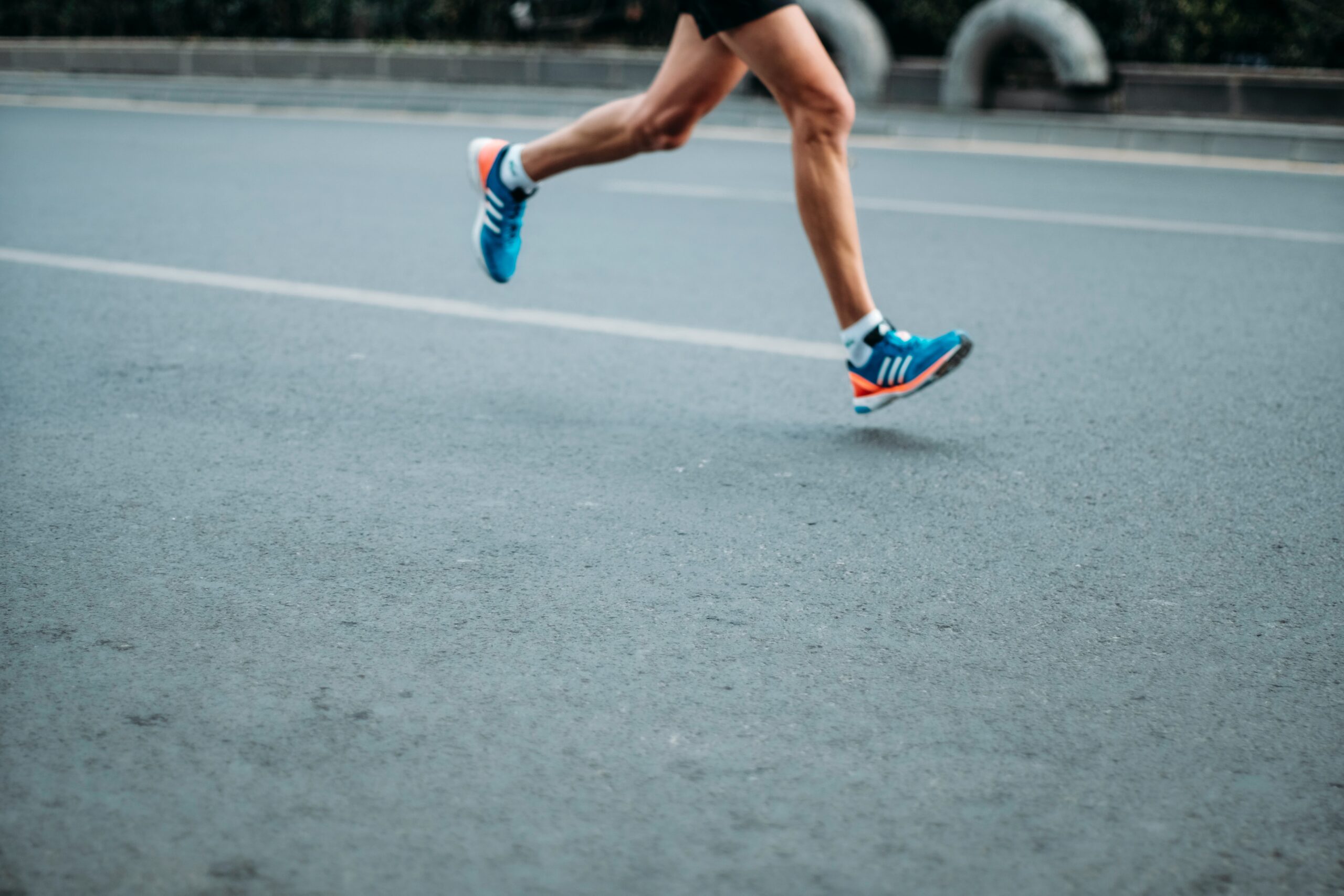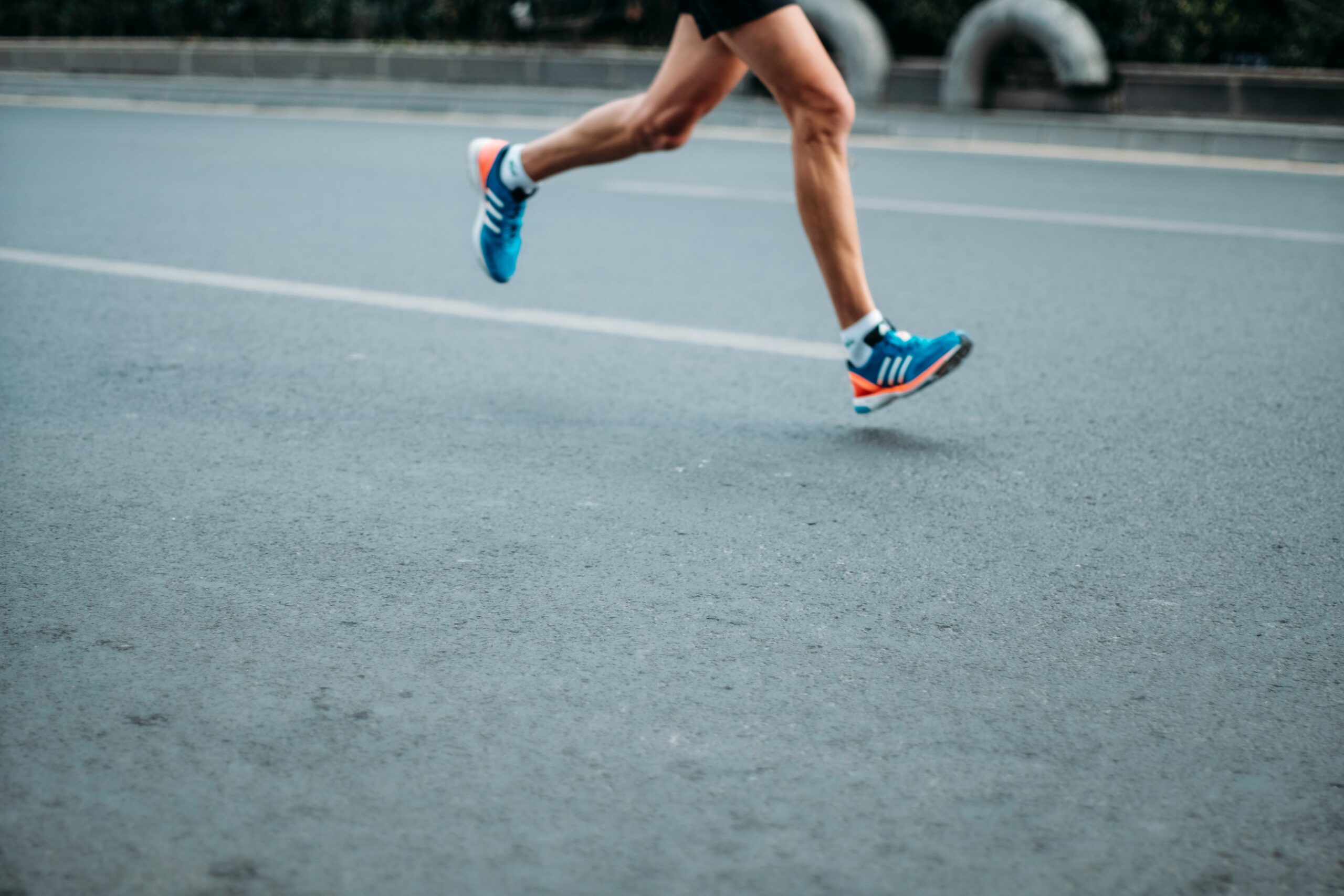With respect to getting the most out of your jogging routine, paying attention to your nutrition is crucial. What you eat before a run can have a significant impact on your performance and overall experience. In this blog post, we will discuss the foods and drinks you should avoid consuming before a run to ensure you have a successful and energised workout. By steering clear of certain items, you can prevent discomfort, cramps, and sluggishness during your jogging session. Let’s probe into the important tips to help you fuel your body properly for a satisfying run.
Key Takeaways:
- Avoid high fat foods: Foods high in fat take longer to digest and can lead to stomach discomfort during a run.
- Avoid high fibre foods: Foods high in fibre can cause bloating and gastrointestinal distress, so best avoided before a run.
- Avoid spicy foods: Spicy foods can cause heartburn or indigestion, leading to discomfort while jogging.
- Avoid sugary foods: Sugary foods can cause energy spikes and crashes, impacting your performance during a run.
- Avoid new foods: Trying new foods before a run can lead to unexpected gastrointestinal issues, stick to familiar foods on race day.
Understanding Your Body’s Needs
The Digestive Process During Exercise
When you exercise, blood flow is directed towards your muscles, heart, and lungs to support the physical activity. This shift in blood flow can affect digestion, slowing down the process and potentially causing discomfort if you have eaten a large meal too close to your run. It’s important to allow enough time for your body to digest food properly before hitting the pavement.
Energy Sources for Running
Running requires a significant amount of energy, which your body derives from various sources. These include carbohydrates, fats, and to a lesser extent, proteins. Carbohydrates are the primary fuel for high-intensity exercise like running as they can be quickly converted into energy. It’s vital to have a balance of these energy sources in your diet to fuel your runs effectively.
Foods to Avoid Before Running
Heavy Proteins and Fats
Avoid consuming heavy proteins and fats before going for a run as they can cause discomfort and sluggishness. These foods take longer to digest, which can lead to cramps and make it harder to maintain a steady pace while running. Opt for lighter options that are easier on the stomach.
Simple Sugars and High-Fiber Foods
Avoid simple sugars like sweets and high-fiber foods like beans and broccoli before a run as they can cause bloating and digestive issues. These foods can lead to discomfort while running and may hinder your performance. Stick to easily digestible carbohydrates to fuel your run effectively.
Simple sugars, such as those found in sweets and sugary drinks, can cause a rapid spike in blood sugar levels followed by a crash, leaving you feeling tired and fatigued. On the other hand, high-fiber foods can lead to gastrointestinal distress during a run, as they take longer to digest and can cause bloating or cramping. It’s best to opt for a balanced pre-run meal that includes complex carbohydrates, lean proteins, and a moderate amount of healthy fats for sustained energy without the risk of discomfort.
Timing Your Pre-Run Meals
Best Practices for Meal Timing
In the matter of fuelling your body before a run, timing is crucial. It is recommended to eat a balanced meal containing carbohydrates, protein, and a small amount of fat around 2-3 hours before your run. This allows enough time for digestion and ensures that your body has the necessary fuel to perform at its best.
The Role of Hydration
Hydration plays a vital role in your running performance. It is vital to be well-hydrated before heading out for a run, as even mild dehydration can significantly impact your performance. Aim to drink water throughout the day leading up to your run, and avoid consuming sugary or caffeinated drinks which can dehydrate you.
Additionally, during longer runs, you may want to consider carrying water with you or planning a route that has water fountains available to stay hydrated and maintain your performance levels.
Alternatives and Strategies
Pre-Run Snack Ideas
Choosing the right pre-run snack is crucial to fuel your body for optimal performance. Instead of reaching for sugary energy bars or processed snacks, consider options such as a banana with nut butter, a small bowl of oatmeal with berries, or a handful of mixed nuts and dried fruits. These snacks provide a good balance of carbohydrates, healthy fats, and proteins to sustain your energy levels throughout your run.
Planning Your Diet for Optimal Performance
Planning your diet for optimal performance involves more than just focusing on pre-run snacks. It is vital to ensure that your overall diet is well-balanced and includes a variety of nutrients to support your running goals. Incorporate plenty of fruits, vegetables, whole grains, lean proteins, and healthy fats into your meals. Hydration is also key, so remember to drink plenty of water throughout the day to stay hydrated before, during, and after your run.
Jogging and Nutrition – What to Avoid Before a Run
It is crucial to understand the impact of nutrition on your jogging performance. Avoiding certain foods and drinks before a run can prevent discomfort, cramps, and a decrease in performance. Steer clear of heavy, high-fat meals, spicy foods, and excessive caffeine or alcohol intake. Opt for easily digestible carbohydrates and moderate amounts of protein instead. By paying attention to your pre-jogging nutrition, you can enhance your running experience and avoid potential issues on the track. Bear in mind, your body is your engine, so fuel it wisely for optimal performance and enjoyment of your runs.
FAQ
Q: Why is nutrition important before going for a run?
A: Nutrition before a run is imperative as it provides the energy needed to fuel your body during exercise and helps improve performance.
Q: What foods should be avoided before a run?
A: Before a run, avoid foods high in fat, fibre, and spice as they can lead to gastrointestinal discomfort and hinder performance.
Q: Is it advisable to consume a large meal before jogging?
A: No, it is not advisable to have a large meal before jogging as it can cause cramps, bloating, and sluggishness due to the body’s focus being on digestion rather than running.
Q: How long before a run should I avoid consuming heavy or rich foods?
A: It is recommended to avoid heavy or rich foods at least 2-3 hours before a run to allow for proper digestion and minimise the risk of gastrointestinal issues.
Q: Can I still have a snack before jogging, and if so, what are some suitable options?
A: Yes, a light snack containing carbohydrates and a moderate amount of protein is ideal before jogging. Examples include a banana, a small portion of yoghurt, or a handful of nuts.






